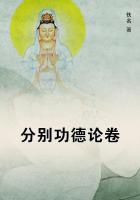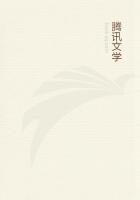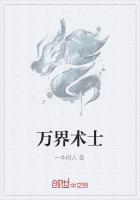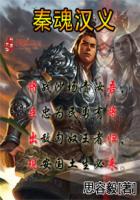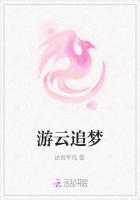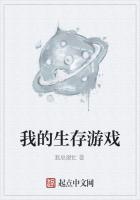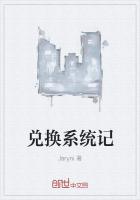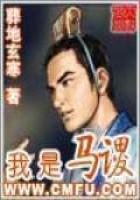11. And if there were, this would prove them not innate. Those who will take the pains to reflect with a little attention on the operations of the understanding, will find that this ready assent of the mind to some truths, depends not, either on native inscription, or the use of reason, but on a faculty of the mind quite distinct from both of them, as we shall see hereafter. Reason, therefore, having nothing to do in procuring our assent to these maxims, if by saying, that "men know and assent to them, when they come to the use of reason," be meant, that the use of reason assists us in the knowledge of these maxims, it is utterly false; and were it true, would prove them not to be innate.
12. The coming to the use of reason not the time we come to know these maxims. If by knowing and assenting to them "when we come to the use of reason," be meant, that this is the time when they come to be taken notice of by the mind; and that as soon as children come to the use of reason, they come also to know and assent to these maxims; this also is false and frivolous. First, it is false;because it is evident these maxims are not in the mind so early as the use of reason; and therefore the coming to the use of reason is falsely assigned as the time of their discovery. How many instances of the use of reason may we observe in children, a long time before they have any knowledge of this maxim, "That it is impossible for the same thing to be and not to be?" And a great part of illiterate people and savages pass many years, even of their rational age, without ever thinking on this and the like general propositions. Igrant, men come not to the knowledge of these general and more abstract truths, which are thought innate, till they come to the use of reason; and I add, nor then neither. Which is so, because, till after they come to the use of reason, those general abstract ideas are not framed in the mind, about which those general maxims are, which are mistaken for innate principles, but are indeed discoveries made and verities introduced and brought into the mind by the same way, and discovered by the same steps, as several other propositions, which nobody was ever so extravagant as to suppose innate. This I hope to make plain in the sequel of this Discourse. I allow therefore, a necessity that men should come to the use of reason before they get the knowledge of those general truths; but deny that men's coming to the use of reason is the time of their discovery.
13. By this they are not distinguished from other knowable truths.
In the mean time it is observable, that this saying, that men know and assent to these maxims "when they come to the use of reason,"amounts in reality of fact to no more but this,- that they are never known nor taken notice of before the use of reason, but may possibly be assented to some time after, during a man's life; but when is uncertain. And so may all other knowable truths, as well as these;which therefore have no advantage nor distinction from others by this note of being known when we come to the use of reason; nor are thereby proved to be innate, but quite the contrary.
14. If coming to the use of reason were the time of their discovery it would not prove them innate. But, secondly, were it true that the precise time of their being known and assented to were, when men come to the use of reason; neither would that prove them innate. This way of arguing is as frivolous as the supposition itself is false. For, by what kind of logic will it appear that any notion is originally by nature imprinted in the mind in its first constitution, because it comes first to be observed and assented to when a faculty of the mind, which has quite a distinct province, begins to exert itself? And therefore the coming to the use of speech, if it were supposed the time that these maxims are first assented to, (which it may be with as much truth as the time when men come to the use of reason,) would be as good a proof that they were innate, as to say they are innate because men assent to them when they come to the use of reason. I agree then with these men of innate principles, that there is no knowledge of these general and self-evident maxims in the mind, till it comes to the exercise of reason: but I deny that the coming to the use of reason is the precise time when they are first taken notice of, and if that were the precise time, I deny that it would prove them innate. All that can with any truth be meant by this proposition, that men "assent to them when they come to the use of reason," is no more but this,- that the making of general abstract ideas, and the understanding of general names, being a concomitant of the rational faculty, and growing up with it, children commonly get not those general ideas, nor learn the names that stand for them, till, having for a good while exercised their reason about familiar and more particular ideas, they are, by their ordinary discourse and actions with others, acknowledged to be capable of rational conversation. If assenting to these maxims, when men come to the use of reason, can be true in any other sense, I desire it may be shown; or at least, how in this, or any other sense, it proves them innate.


